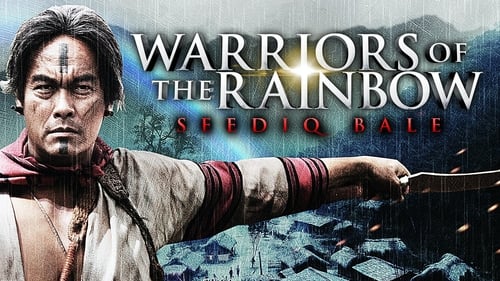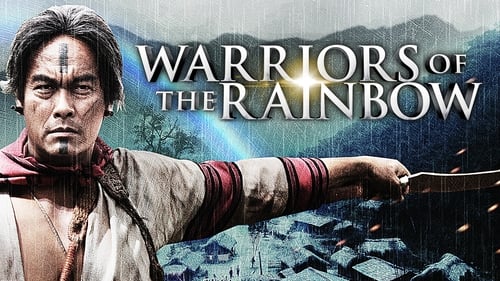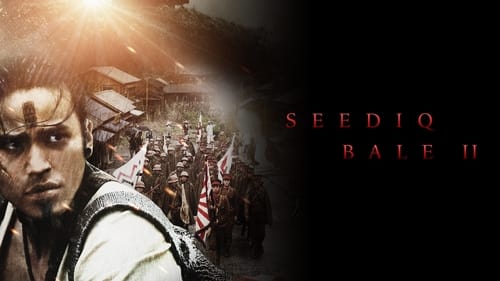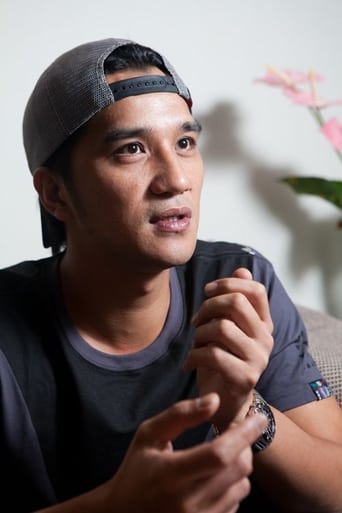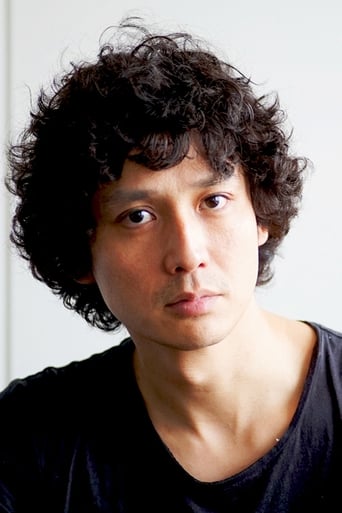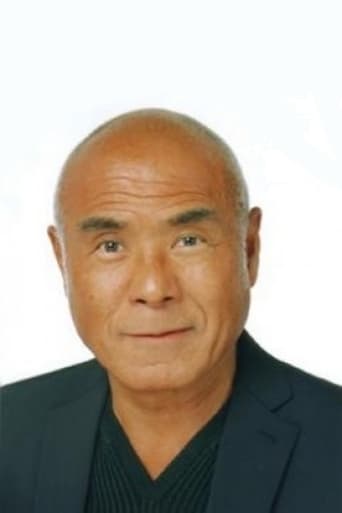Clarissa Mora
The tone of this movie is interesting -- the stakes are both dramatic and high, but it's balanced with a lot of fun, tongue and cheek dialogue.
39-0-13
I saw part one of the two part movie which takes well over four hours, and was intrigued enough to watch part two. The story takes up after the first phase of the rebellion by the aborigines on Taiwan against the Japanese invaders. Historically, the events depicted in the film took place in 1930, well after the Japanese acquired Taiwan by treaty and started to colonize it and began exploiting its natural resources, especially its lumber. The occupation was brutal, and the native population, which was distinct from the Chinese (the Han) who had migrated there, had much to grieve about. The Japanese, like the Spanish in the Philippines, attempted to impose its culture on the natives whom they considered "savages"; and in some cases they were successful in converting the people. Some tribes were converted and remained loyal, and they fought the rebels. But many fierce natives remained unconverted and resentful. Led by a compelling tribal leader, the natives mounted a terrible rebellion that resulted in the massacre of a Japanese community, women and children not being spared. The depiction of the events leading up to the massacre is in part one of this epic. Now, in part two, the movie goes on to describe the events that followed. The rebels knew they could not succeed and were doomed, but they believed that their actions would merit a glorious afterlife. So began a tale of death, destruction, and reprisal. The movie becomes an unending depiction of the horrors that can occur after a rebellion -- shootings, decapitations, ambushes, drownings, suicides, executions of the innocent, bombings from aircraft, poison mustard gas. As a movie, it becomes hard to tell the characters apart since the inter-cutting of scenes is consistent. There are so many deaths that any sympathy gets suspended. Only the main character, the leader of the rebellion, remains the focus of attention and memorable. What happens to him is not really made clear, and whether he ever crossed his mythic rainbow to his promised land is a mystery that the movie does not reveal. There is no joy in this movie, no sense of triumph or accomplishment, just an overwhelming sense of loss.

